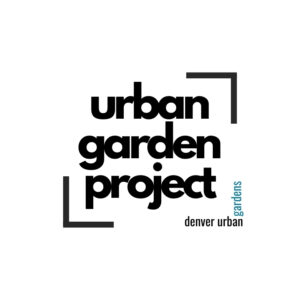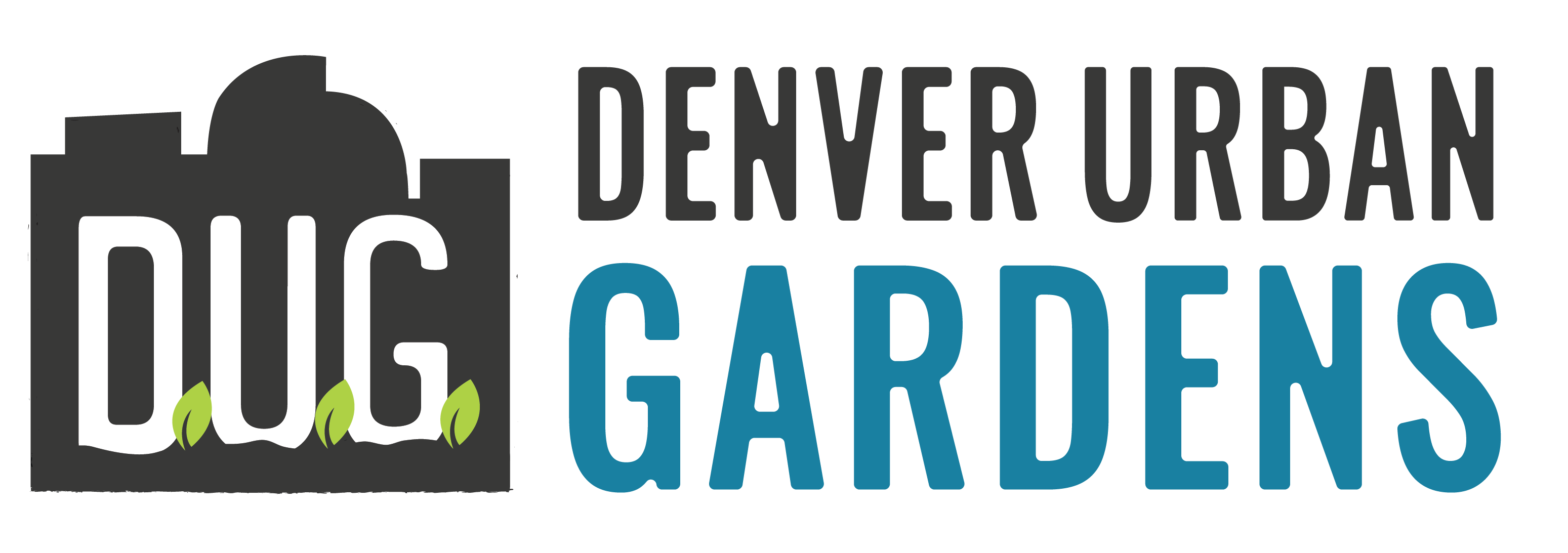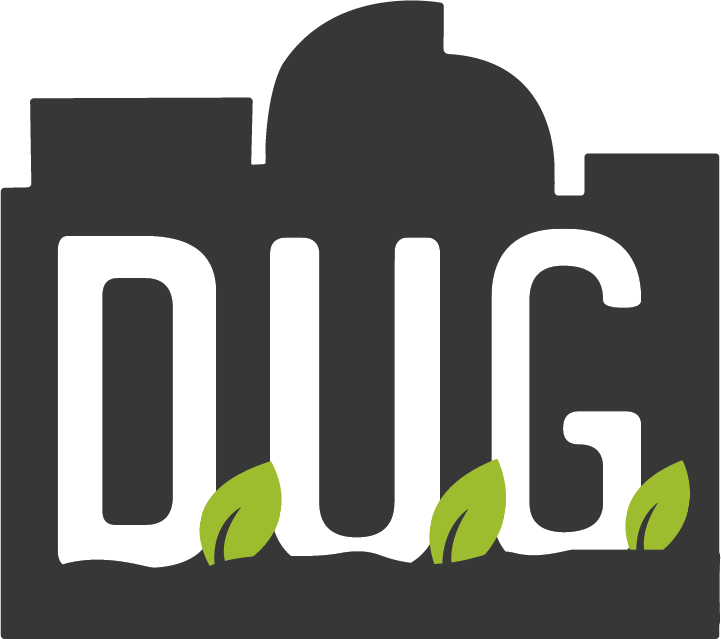
Community gardens and food forests are uniquely high ROI (return on investment) interventions and should be embraced by city builders as critical infrastructure for thriving cities. They deliver a host of benefits related to food, community and climate that help solve for some of the toughest problems facing our cities today.
We believe that everyone deserves access to fresh, healthy food, vibrant communities, and a sustainable future.
We invite you to join us in creating a flourishing network of community gardens across the nation – a movement that goes beyond just growing food, and focuses on nurturing relationships, empowering individuals, and healing the planet.
Goals of the Urban Garden Project:
- Establish community gardens and food forests as “must haves” instead of “nice to haves” in the eyes of city planners.
- Unite, strengthen, and activate the national and global gardening community in thought partnership and advocacy.
- Secure long-term funding and provide additional resources (back office support, group insurance, etc) to bolster the operational strength of new and existing organizations so they can focus on growing food and strengthening communities.
What We’re Building:
The heart of The Urban Garden Project is our comprehensive playbook. This invaluable resource covers all aspects of establishing and nurturing community gardens, including:
- Back Office Management: Leveraging Salesforce for seamless garden administration
- Garden Creation: Steps to initiate and maintain a thriving community garden
- Leadership Guide: Empowering garden leaders with the tools they need
- Food Access Strategies: Making fresh produce accessible to all
- Land Use Agreements: Models for sustainable land usage
- Therapeutic Gardens: Connecting mental health and well-being to gardening
- Inclusion and Belonging: Creating diverse and welcoming spaces
- Fundraising Essentials: Tips for sustainable financial support
If you’d like to get involved, contact DUG’s Executive Director, Linda Appel Lipsius
The Impact:
DUG’s Impact across metro Denver area has already transformed neighborhoods, fostering community, providing access to fresh organic produce, and sequestering carbon. By extending our approach across the nation, we project significant impacts:
Strengthened Communities
Gardens bring neighbors together, fostering a sense of belonging and shared purpose.
Deeper Self-Sufficiency
Through gardening, individuals regain agency over their food supply and well-being.
Action Towards Climate Change
Gardens contribute to carbon sequestration, healthy soil, and reduced water consumption.
Increased Food Access
The produce grown in these gardens provides fresh, locally sourced food to those who need it most.



